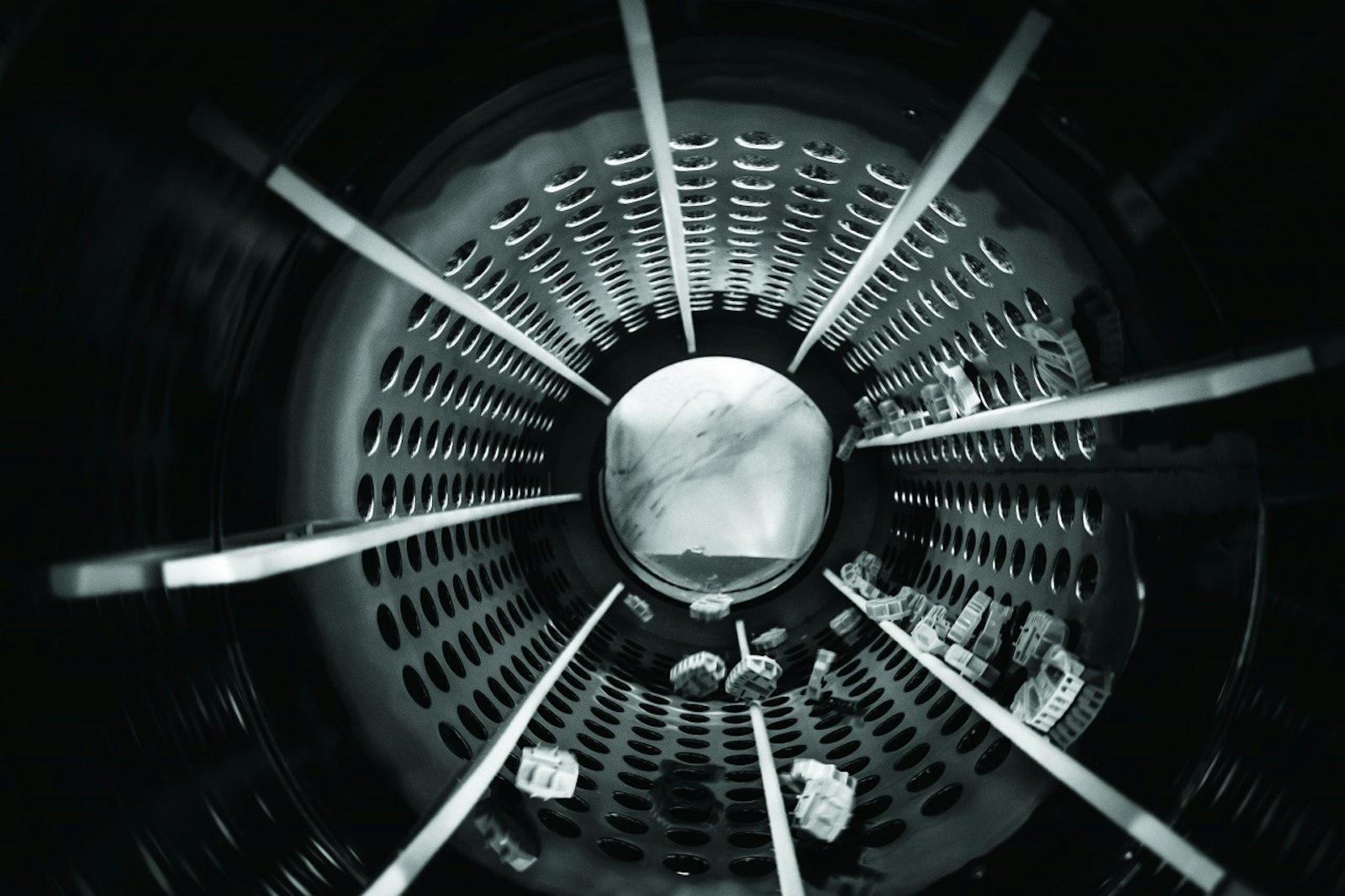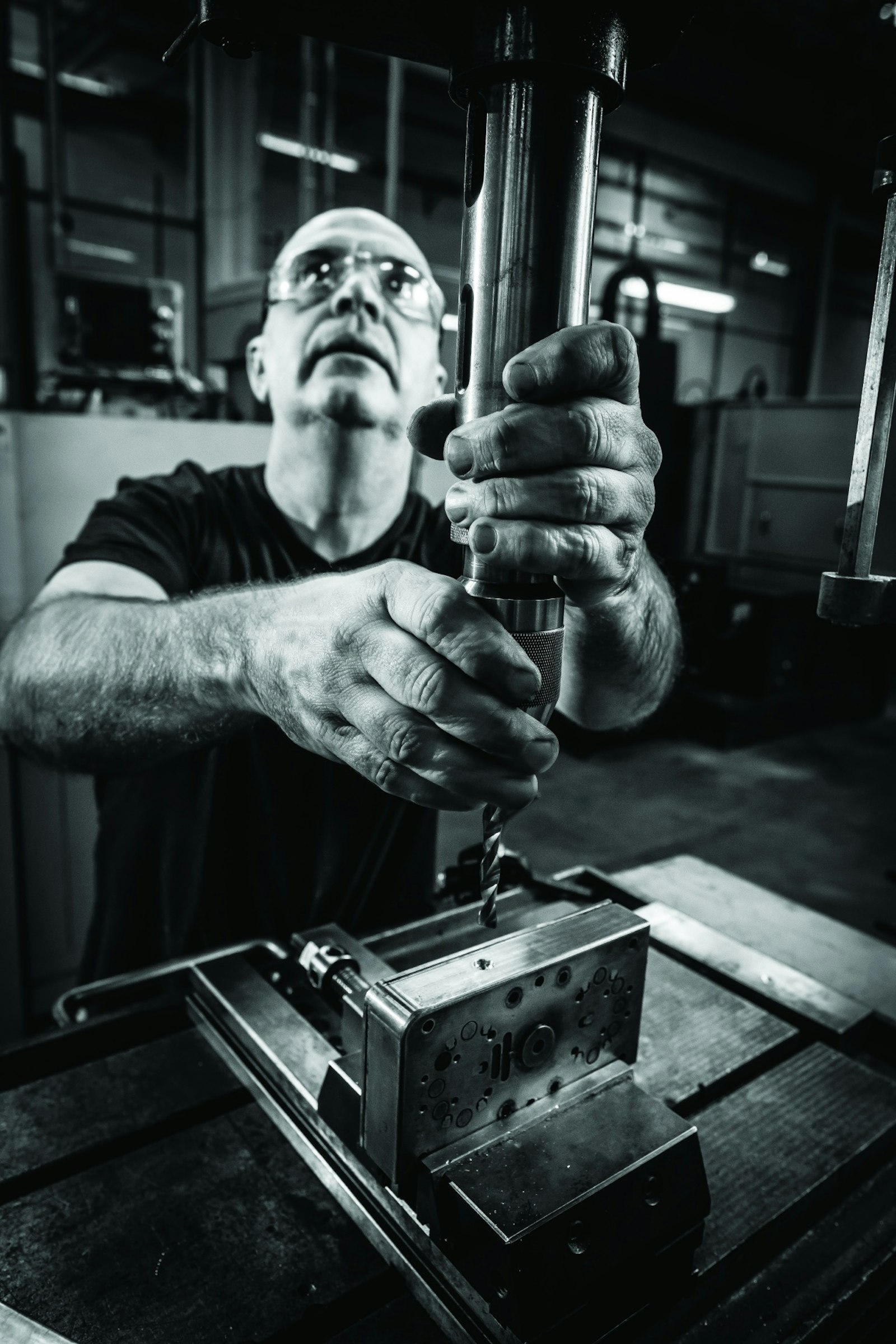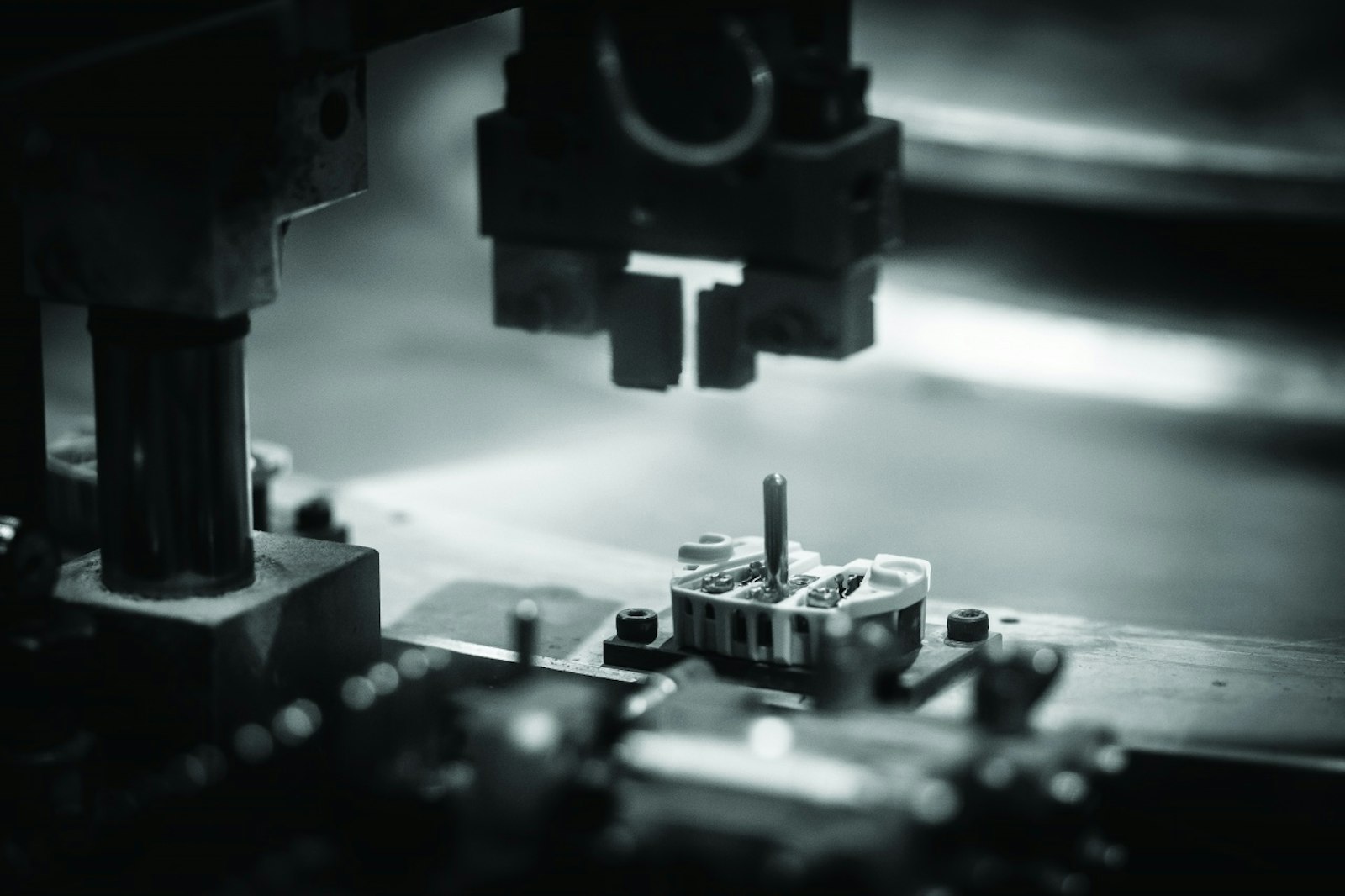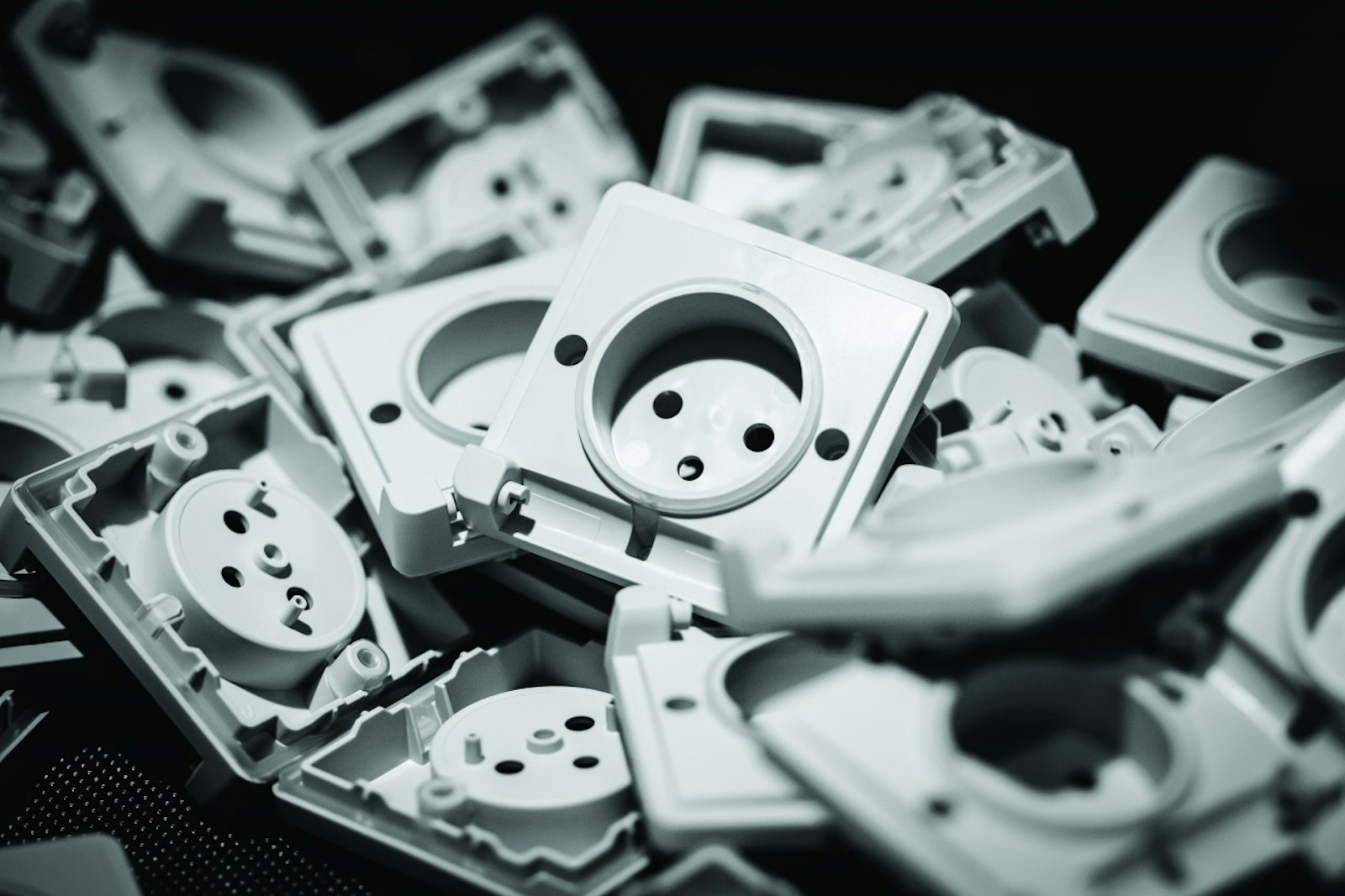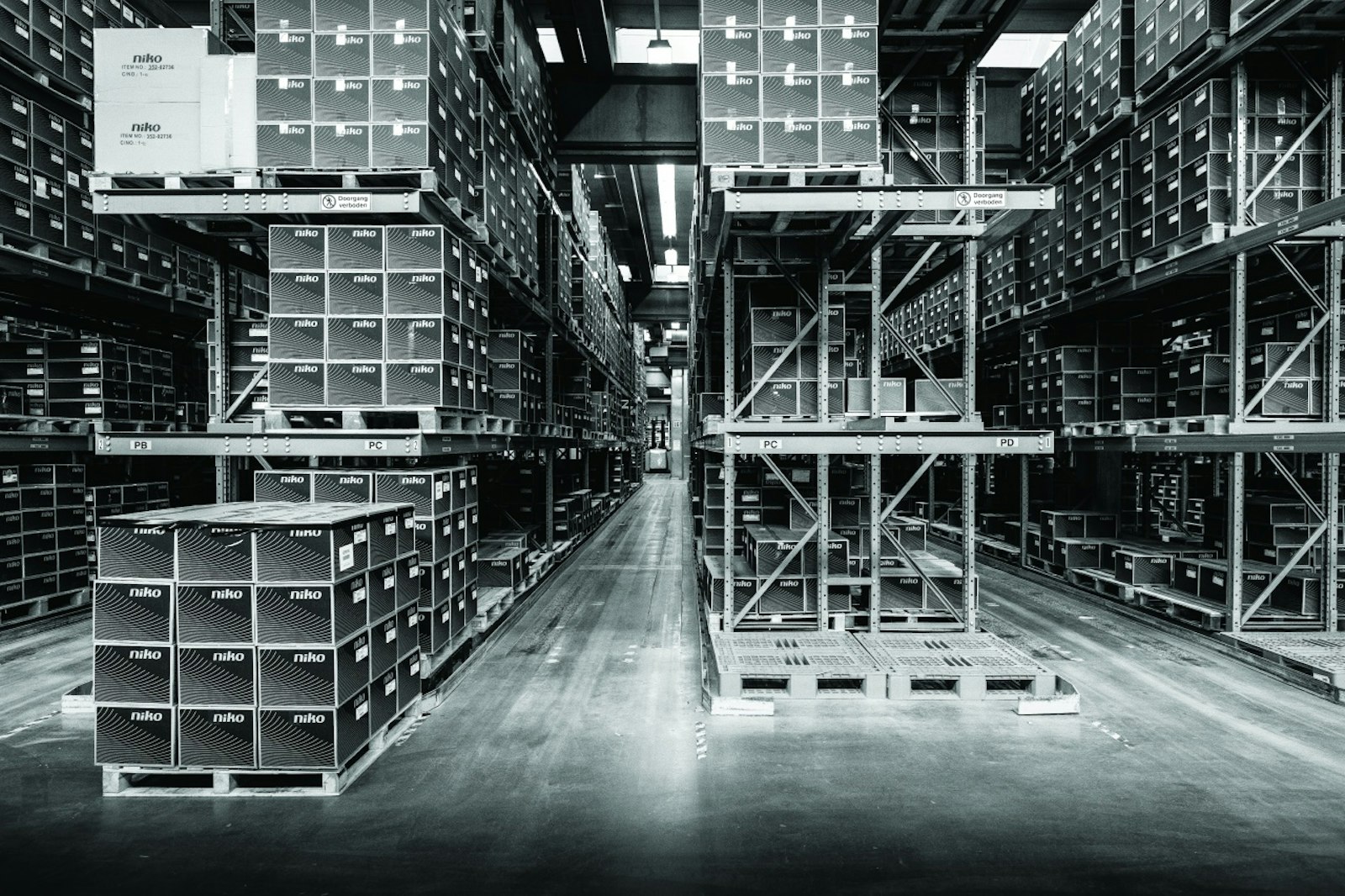de Velde
Niko
The fact Niko nevertheless won a Henry van de Velde Company Gold Award was a great celebration at the family business in East Flanders. And all the more so because this year Niko is celebrating its hundredth anniversary.
But what will that future bring? It’s a question that Niko employees ask themselves every day. “It is becoming increasingly difficult to predict the future,” says Luc Meirlaen, Niko’s Design Director. “Our playing field has become much wider. From making switches and sockets about a hundred years ago, our company has expanded in a relatively short time to interfaces, technology and home automation.” In short: the so-called “Internet of Things”. Connecting everything that is connected in or to the house. And with this growing playing field, the company’s competitors are expanding in number. Making things just that little bit more interesting. “Today, we are operating in the same field as Apple, Amazon and Google.” They are the polar opposite of small start-ups, but this doesn’t have a paralysing effect on Niko. On the contrary. All these new challenges motivate the company to do anything but rest on its laurels. “We are currently thinking out loud about how our products can be controlled using gestures - or even mind control. Because regardless of what the future will bring, we must ensure that we are ready for it.” One thing is crystal clear: this 100-year-old is still as fit as a fiddle.
Do as Delvaux
The brothers Alfons and Werner De Backer set up a business in switches and sockets in 1919. The First World War had just ended and electricity was gradually becoming commonplace in Belgian homes. It was not long before the company grew into the biggest player on the Belgian market; a position it has succeeded in keeping up until today. And what makes this innovative company’s history even more appealing is that it still has a De Backer at the helm. Jo De Backer is the third generation to lead the company. An entrepreneur in heart and soul, he sees only one direction in which to take the company: forwards. In 2008 he took over the Danish firm of Servodan and in 2014 the Swiss firm of Züblin, both of which specialise in sensors. Jo took over the management of the company in 1993 from his father Joseph and his brother Leo. It was Leo, by the way, who came up with the luminous idea of the Inter 70, Niko’s first luxury switch. This was in the 1960s. Legend has it that one evening Leo De Backer came home to find his wife with a brand-new purchase: a genuine Delvaux handbag. Leo responded drily that he would have to sell a lot of switches in order to be able to finance a handbag like that, to which his dearest responded equally drily: “So, just make the switches more expensive.” The launch of the luxurious Inter 70, which had a much more modern appeal than any other switch on the market, was an instant hit. The Inter 70 instantly became Niko’s calling card: design is incorporated into even the smallest details of everything the company makes.
A unique visual language
The fact that design is a priority at Niko becomes clear the minute you walk into the beautifully renovated company building in Sint-Niklaas. It was designed by Jo Crepain. “Design is an important part of the entire building, at every level,” Luc Meirlaen explains with pride. “Not only for the visual enjoyment of the user, but also to heighten the convenience for the installer as well as that for the end customer, and to establish our own corporate identity.” The latter is an important exercise currently embraced by Niko: what kind of image do we, as a company, want to project to the end customer? “In France, for example, Niko is a sub-high-end label, while in the Netherlands the competition takes place mainly in the low-cost segment,” says product manager Stefaan Van Den Broecke. “Five to ten years ago, we didn’t even have direct communication with the end customer. But now, we see that people want to know the company behind their product. Today’s customers are much more knowledgeable about what they need, as well as about who the different market players are. They also expect everything to be possible. The demand for customisation is stronger than ever.” Although that’s something of a sensitive issue at Niko. It is precisely its distinctive choice of sleek, trend-sensitive shapes and materials that sets Niko apart from other manufacturers. “That’s why we also have what we call ‘Niko Hero products’. These are the designs that are embedded most clearly into our DNA. Should we ever take further steps in this customisation trend, this will help us retain our own visual language.”
Between the customer and the installer
The end user at Niko has not only become more demanding, he or she is also well versed in the technical possibilities. “We can clearly see that people want to use our Niko Home Control to create different atmosphere settings in their homes, what we call ‘micromoments’, for example,” Stefaan Van Den Broecke explains. “They adjust the lighting, temperature and music to specific times, or to suit certain activities in the house.” That said, the Niko design team is also in favour of a clear counter-reaction. “We see in the so-called ‘slow cabins’ how people want to cut themselves off completely from all technology,” Luc Meirlaen says. “We have also noted a demand for simplicity - for switches that can only be switched on or off - on the private market. So, we will need to continue meeting those customers’ needs too.” A daily battle between simplicity and progress, but also between the installer and the end customer. “The latter is not always obvious. They have different interests. The end customer is trend-sensitive and has a particular sense of aesthetics and a specific interior in mind, while the installer above all wants to offer good quality at a good price and a system that is convenient and easy to use.”
With distinction
Over the past 100 years, numerous prizes have graced Niko’s proverbial mantelpiece. Red Dot awards, iF awards and recently even a “Factory of the Future” award, presented by Agoria. Still, the Henry van de Velde Company Gold Award is extra special. “It is an acknowledgement of the design path we have taken with our company over the past 10 to 20 years,” says Luc Meirlaen. “Within the company, it is for us also great proof of the importance of design for our company. Design is a constant in the development of our products, from the very first phase onwards. In which direction do we have to go, do we want to go? We will always seek a compromise with the production specialists. Today, we are still part of the marketing department, but our dream is, of course, to set up our own design department one day.”

